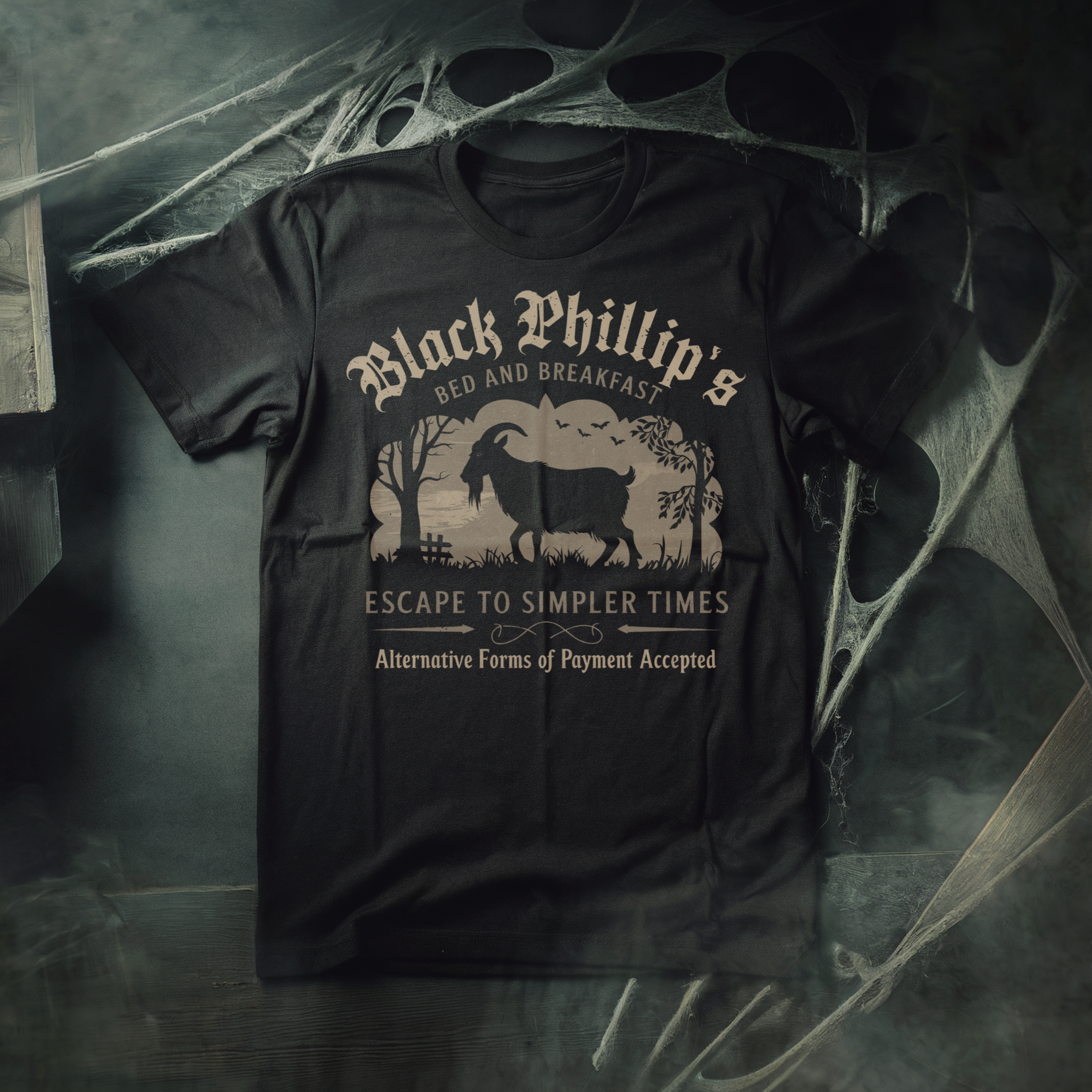A mysterious box shows up at your house with an even more mysterious note. Before you know it you’re trapped in a room with six strangers fighting for $1 million dollars…and your life. If you happen to find yourself in this situation you just may be in the new movie Escape Room from Adam Robitel (The Taking of Deborah Logan, Insidious: The Last Key). With the rise in popularity and availability of escape rooms, it was simply a matter of time before a motion picture version would present itself. However, this escape room looks to be a pretty next level scenario and Robitel is just the right director to lead the charge.
John Carey is one of the composers that was called upon to set the stage and create the musical environment for Escape Room. Together with the prolific Brian Tyler, they created an electronic score that combines elements of traditional electronic music, industrial, synthwave and metal. A non-stop energetic ride that instantly transports you while creating a textured soundscape that stands on it’s own two legs. I had the opportunity to speak with John and we talked about his work with Brian, Escape Room and his unique path with music.
“We really felt like the Escape Room aspect of the story needed to have a musical imitation in the score as well. Something that was really mechanical and machine-like…”
Rachel Prin for Nightmare on Film Street: Tell me a little bit about your background. How did you get involved with music and how has that path led you to where you are now?
John Carey: So, I’ve been doing film scoring professionally now, in Los Angeles, for about five years. Experienced, yet still a bit new to everything. But backing up a bit, what got me into music was movies. Not really surprising since I’m a film composer, but when I was a kid I loved a lot of movies that all happened to have John Williams music. It was kind of serendipitous, a total accident, but I was getting telegraphed all this great music as a kid when I wasn’t necessarily intentionally interested in music. I feel like John Williams kind of planted a little seed in my head that would kind of sprout a big interest in music later on in life.
In high school, I started to think that music was something I really wanted to do. I started playing guitar and I played guitar in a metal band at that point. I went to college and studied music composition and decided to take a stab at moving out to Los Angeles and seeing if I could make things work. I went to the USC film scoring program for a year. It was an outstanding program and that led me to meeting Brian Tyler about a year after I graduated. That was a great opportunity that kind of came in pretty quick. I’ve been working with Brian for a pretty long time now, about four or five years. I started off as his assistant and then eventually started working on his movies as an arranger. The rest is history from there. In the meantime, working with Brian, I’ve met a lot of other directors and composers in Los Angeles that I’ve been working with too.
NOFS: You’ve worked with Brian on a pretty impressive lineup of films; The Mummy, Avengers: Age of Ultron, The Fate of the Furious just to name a few. I couldn’t help but notice that Danny Elfman is also credited on the score for Avengers. As a fan of film music, that had to be a pretty cool experience for you.
JC: Oh absolutely! Brian is a huge name in film music and obviously so is Danny. And furthermore, an Avengers film with Joss Whedon! So many cool people to be involved with. Just being able to be involved with a movie like that at that level was just so fun.
NOFS: When it comes to being a music arranger, how does that relationship work with the composer? Can you talk a bit about what exactly that role entails?
JC: There’s definitely collaboration involved and there’s lots of ways for me to add creative input into the process as well. At the end of the day, my job is to work with Brian’s themes, work them into the film in whatever way he wishes for them to be realized in the movie. But from there, that still leaves a lot of room for me to make some of my own creative decisions. Things like, how to orchestrate something, maybe adding a counter melody, or adding something on top of Brian’s melodies that seems to fit the current scene at the time. It’s really nice. I still have some room to be creative, but it’s still using Brian’s themes and his approach to scoring as a blueprint.
“…any given sound has the potential to go a million different directions in terms of how you manipulate it on a computer.”
NOFS: So now that you’ve got some arranging experience under your belt, how has that experience benefited you when it comes to creating your own compositions?
JC: That’s another great question. A lot of things come to my mind. One is just practice. The sheer amount of hours and the sheer number of minutes of music that I’ve worked on as an arranger…all that great practice really makes me feel a lot more comfortable, experienced, and it helps me to write music more quickly. That’s definitely something that’s necessary as a film composer since deadlines are usually tight. So, aside from the practice element, getting to work with Brian is also invaluable. It’s almost like an education, like I went through the ‘University of Brian Tyler’ which is awesome. Of course it’s his film so he’ll give you notes, he’ll give you feedback, and a lot of times that feedback will be really valuable and a learning experience too. He’s been doing this for so long, he’s amazing at his job, so that’s another great valuable tool. Just getting to learn from one of the great composers in LA.
NOFS: Alright, Escape Room. This is your first score for a major studio feature?
JC: Yep, that’s right!
NOFS: That’s so exciting! Congratulations!
JC: Awww thanks! That’s nice to hear.
NOFS: This score is a dark, synthwave, industrial powerhouse of a score and it seems just slightly outside the realm of some of your previous works. How is creating an electronic heavy score different from a traditionally orchestrated one? Was this a new experience for you?
JC: That’s an excellent question. In one sense it’s a new experience because, like you said, a lot of what I do is orchestral music. Even though I’ve been lucky to have experience with a lot of different genres, I haven’t had as much experience with electronic music. Because of that it was really awesome and creatively refreshing to move onto something a little different. But at the same time, there was a lot of familiarity there too because, like I said, in my high school days I was a guitarist in a metal band and we wrote music all the time. We took it pretty seriously and I feel like there’s a lot of tie ins with metal and the electronic music you hear in the film. It was nice to kind of call back to a lot of the skills I learned in the band, dust all that off and remember my metal days.
NOFS: What were some of the musical influences, maybe even outside the film world, that you called upon as inspiration?
JC: Nine Inch Nails would be a great example. Lots of industrial metal like Rammstein. And of course there’s lots of great film music that’s electronic. Especially earlier John Carpenter scores like from Halloween. That stuff is so great and it really broke new ground.
“There’s basically no limitations to what kind of sounds you can make.”
NOFS: What were the initial planning conversations for Escape Room like and how did you decide which musical direction to take?
JC: So Brian and I talked with Adam (Robitel) and he told us a little bit about the film, and he gave us a lot of feedback, input and ideas about the film and what he wanted the music to do for the film. Ultimately, at the end of the day, Brian and I kind of felt like the electronic score, in this kind of sense, was the best way to do it. We really felt like the escape room aspect of the story needed to have a musical imitation in the score as well. Something that was really mechanical and machine-like and so, obviously, it seemed like electronic music was the best way to go about achieving that. Of course it’s a score, so it has to work as a score, but in a lot of senses we wanted it to be really fun, pumping energetic music too.
NOFS: One of the things I love about this score is the incorporation and manipulation of traditional instruments and the melding of your classical background with electronics. Was this a conscious decision and how much exploring and experimentation with sound manipulation did it take before you found just the right sound?
JC: Pretty early on I think we discovered what the sound palette would be. We knew that the movie needed to have a main theme that would really represent the film and that we could call back to throughout the movie. We also knew that we needed a soundscape and sound palette that was unique to the movie. We kind of took care of both of those things at once by early one just writing a bunch of themes, including the main theme. And while we worked on this theme we were also trying to figure out what the sounds would be that we would use. That was a fun process. We really kind of front loaded the scoring process in the beginning stages of the score by figuring all that out early. By the time it came to actually scoring the movie front to back I think we had a pretty good collection of sounds built up. We felt like we had a musical environment already set in place to work with so that really helped make things easier and helped us to stay really creatively sharp. There’s a lot of fun in realizing that any given sound, whether it’s a natural instrument or an electronic instrument…any given sound has the potential to go a million different directions in terms of how you manipulate it on a computer. So I think that’s the biggest difference between working on an electronic score and an orchestral score. There’s basically no limitations to what kind of sounds you can make.
NOFS: Alright, so you gotta tell me…have you or would you ever participate in an escape room?
JC: I haven’t done an escape room yet! But I need to, I need to experience what it’s like now! At the same time, after watching this movie, maybe that’s not such a good idea. I’ll definitely get around to it with my friends. I can’t not do an escape room now after working on this film.
Escape Room hits theaters this Friday, January 4th. You can find all sorts of information and trailers on the film here. Coincidentally, the digital version of the soundtrack will also be available January 4th. More of a physical media person? Well fret not. A physical version is indeed forthcoming with a release date TBD.
Would you or have you ever participated in an escape room? Were any of your friends as unlucky as the poor souls in Escape Room? Let us know your thoughts and experiences, and what you think of the film over on Twitter, in the official NOFS Subreddit, or in the Horror Movie Fiend Club on Facebook.








